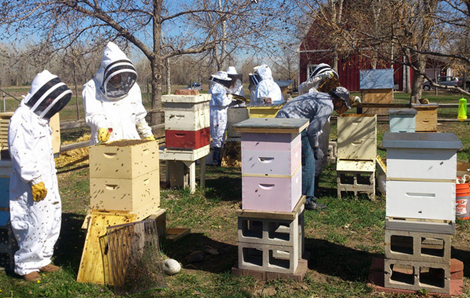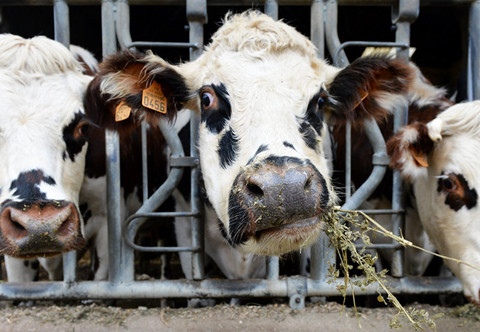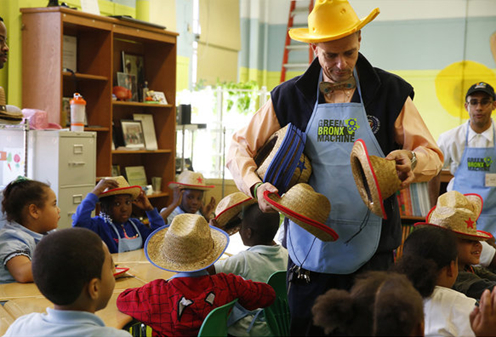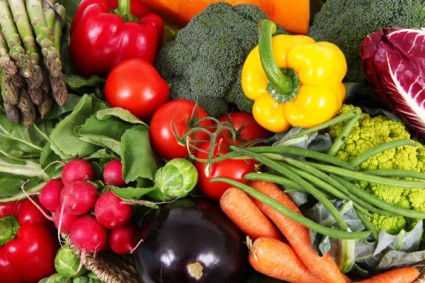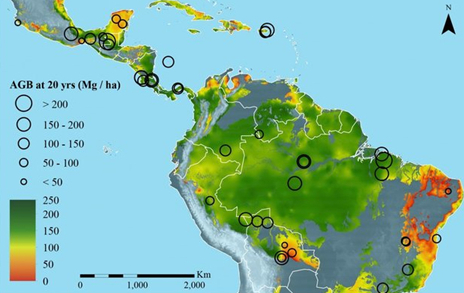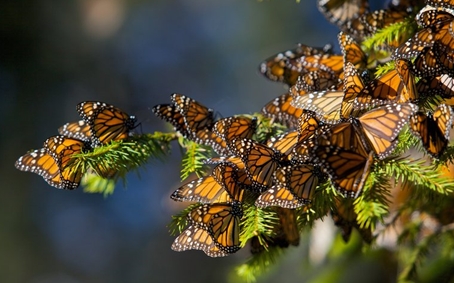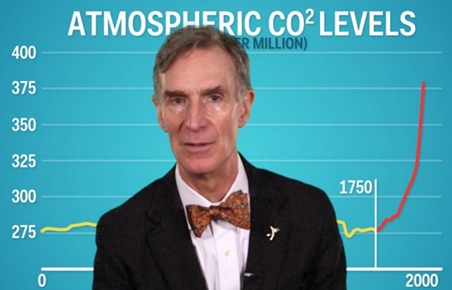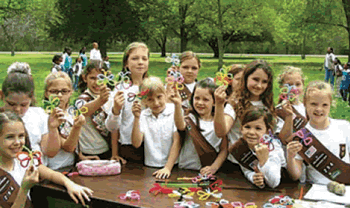
| Home | Source Reduction | Friends of Green Friends | Newsletters |
| Gardening | Resources | What You Can Do | Embracing The Trees |
| Environmental News Stories
Good environmental news - Read some more, positive news stories on the environment |
| Beekeepers Benefit From Community Apiaries |
|
|
|
"Beekeeping in a community setting is less threatening, because you have support". So says Marca Engman about a community beekeeping effort at Hudson Gardens, a nonprofit garden near Littleton, CO. Community apiaries like the one at Hudson Gardens are generating a buzz. Modeled after community gardens, the sweet setups allow beekeepers to maintain hives in public spaces. Beekeepers generally pay a small fee to rent the space but own the equipment and manage the hives, keeping all of the harvested honey.. |
| Planting for Pollinators |
|
US Fish and Wildlife Service - There is increasing evidence that many pollinators are in decline. However, there are some simple things you can do at home to encourage pollinator diversity and abundance. Read this amazingly simple and helpful guide to encouraging pollinators to you home and garden. Simple directions on how to plant a pollinator garden, build a bee box, reduce pesticide use and more... |
| Home | Source Reduction | Friends of Green Friends | Newsletters | Resources | What You Can Do | Contact Us |
For more information, e-mail info@greenfriendsna.org |
||||||
